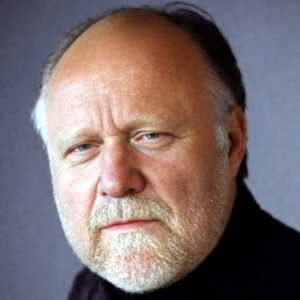
Franklin Patrick Herbert, Jr., (October 8, 1920–February 11, 1986) was a luminary of science fiction, whose work continues to resonate with readers decades after his passing. Born in Tacoma, Washington, Herbert’s early life was marked by a keen interest in ecology, anthropology, and the power of language—interests that would become cornerstones of his literary vision. He spent formative years immersed in the rugged landscapes of the Pacific Northwest, an environment that instilled within him a deep respect for adaptation and the delicate balance of natural systems.
Herbert’s career began with short stories appearing in various science fiction magazines throughout the 1950s. While he steadily built a following, it was his groundbreaking novel Dune (1965) that catapulted him to international acclaim. However, even before Dune, Herbert demonstrated his unique approach to speculative fiction with works like Try to Remember!, published in 1961. This story, appearing at a pivotal moment in the Cold War era, stands as a testament to Herbert’s prescient understanding of communication breakdown and the fragility of human connection in the face of existential threat. The narrative—underlining the desperate attempt to establish dialogue with an alien force demanding comprehension or annihilation—reflected anxieties about nuclear conflict and the potential for misinterpretation on a global scale.
Herbert’s style was characterized by meticulous world-building, complex political maneuvering, and a philosophical depth rarely seen in genre fiction. He wasn’t simply interested in futuristic technology; he explored the societal, ecological, and psychological consequences of innovation. Where contemporaries like Isaac Asimov often focused on the mechanics of science and Robert A. Heinlein leaned towards social commentary through individualistic narratives, Herbert delved into the intricate webs of power, religion, and environmental interdependence that shape civilizations. His prose was deliberate, measured—often echoing the vastness and complexity of the worlds he created. He favored a poetic cadence, layering detail to create immersive experiences for his readers.
Herbert’s influence on subsequent generations of science fiction authors is undeniable. Writers like Ursula K. Le Guin, Kim Stanley Robinson, and Neal Stephenson were all influenced by his pioneering approach to world-building and systems thinking. He expanded the scope of the genre, proving that science fiction could be more than just escapism—it could be a powerful tool for examining the human condition and grappling with the most pressing questions facing our world. His legacy endures not only in Dune’s enduring popularity but also in the countless stories he crafted, each one a testament to his profound curiosity and unwavering belief in the power of ideas.